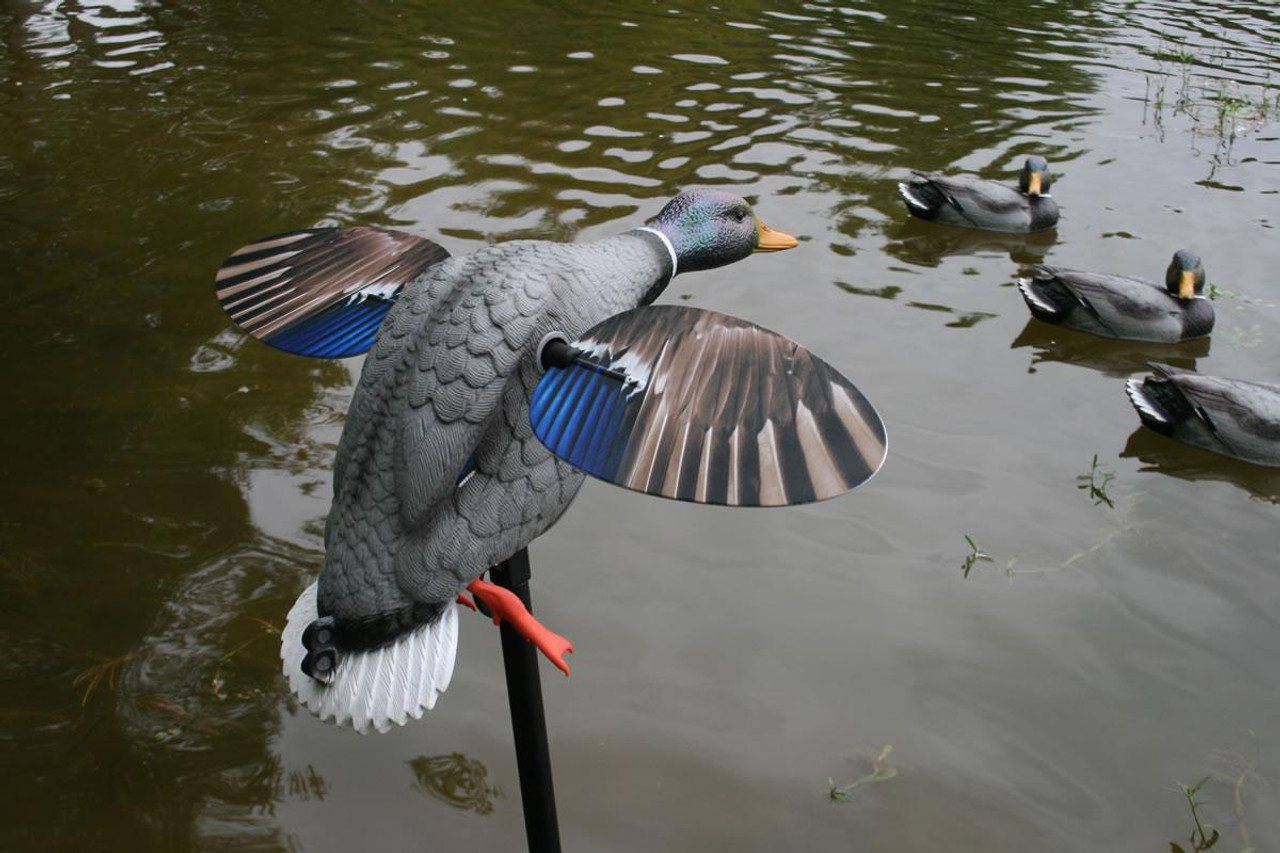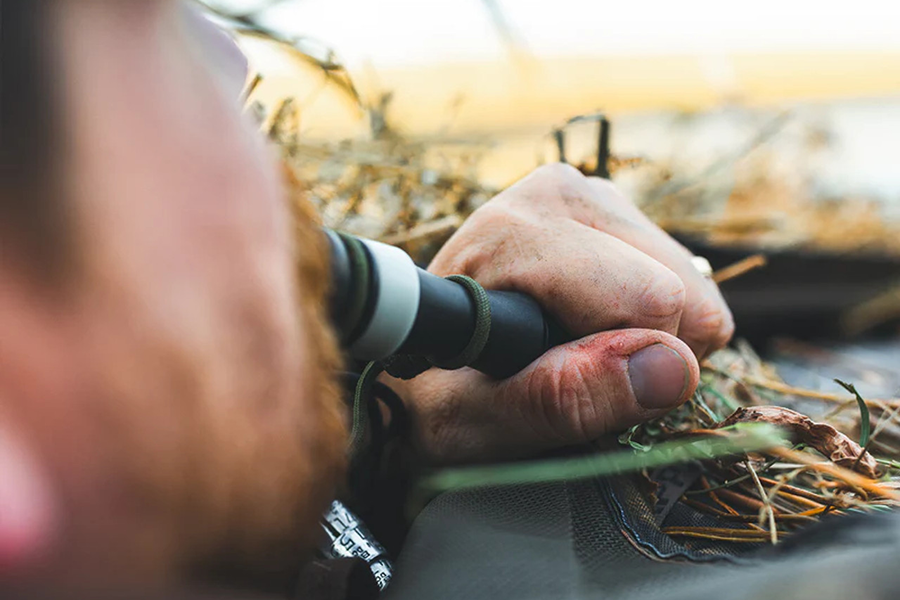Duck Hunting Gear You Need to Get Started
Posted by Hunter Worth on October 2, 2024, 11:37 am
While it may seem like a costly endeavor, the duck hunting gear you need to get started is easier to acquire than you may think.
Duck hunting can seem like a daunting sport to enter. Flipping through any catalog will inundate a new hunter with calls, boots, decoys, and floating bags. Duck hunting for beginners does not mean you must max out your credit card. We've put together the essential duck hunting gear you need to get started.
Decoys
Ducks are not solitary birds and would rather feed and rest with other ducks. Laying out an assortment of or "spread" of decoys signals to ducks flying over that this particular patch of water is worth checking out. Most duck decoys are hollow plastic bird-looking buoys that move slightly with the wind and water.
An assortment of six to 12 for a beginning duck hunter is enough to give a diverse spread while not being cost-prohibitive. A battery-powered decoy like a Mojo duck is an excellent investment to add a little more movement to your spread. Mojo brand decoys come with a stand that elevates them above the water. Their battery-operated wings look like a duck about to land. This extra movement can help convince flying fowl to check out your spread, especially in areas with ample space to land.

While it may seem like a costly endeavor, the duck hunting gear you need to get started is easier to acquire than you may think.
Shot
Waterfowl hunters may use only nontoxic shot. For the beginner, steel shot is the cheapest and easiest to find. It is less dense than lead, so you should shoot a larger shot size, which in turn helps increase knockdown power.
For your average duck, a 2-¾-inch #3 is perfect. If you are hunting diver ducks like eiders or mergansers, a #2 is preferable. Divers, with their waterproof feathers and muscular bodies, can "shed shot," so the added punch of the #2 is welcome.
Waders
Waders are essential. For the most part, you hunt ducks on the water. Whether you are slogging to a spot, setting up decoys, or grabbing a downed bird, staying dry is important, especially considering that it will be winter and cold. A pair of insulated waders will keep you comfortable even on those not-so-perfect mornings.
Duck Calls
A duck call can make the difference between an okay and a great day. Calls are used to signal the location of ducks that are resting or feeding as well as entice flying birds, collectively known as a flock, to land in specific spots. Hunters must learn to “speak the language” in order to help guide flying ducks to the spread of decoys, at which point they can put the sounds and sights together and commit to splashing down within range.

Scouting Apps
There is no substitute for scouting before hunting season. Scouting apps go a long way towards streamlining scouting because a hunter can survey large sections of land and pick apart how a shoreline or marsh is laid out. Finding faster access to spots by figuring out the back road into a piece of public land or water is another advantage. In the case of OnX, which shows property ownership information, you may even be able to find access to private land.
Duck hunting is extremely rewarding. Spending cold mornings crouched in anticipation, solo or with a group, with ears cocked for the sound of approaching birds, is an experience like no other. Take these gear suggestions with a heap of enthusiasm and coffee and enjoy the fruits of generations of sportsmen and conservationists who’ve helped create some of the best duck hunting in history.
